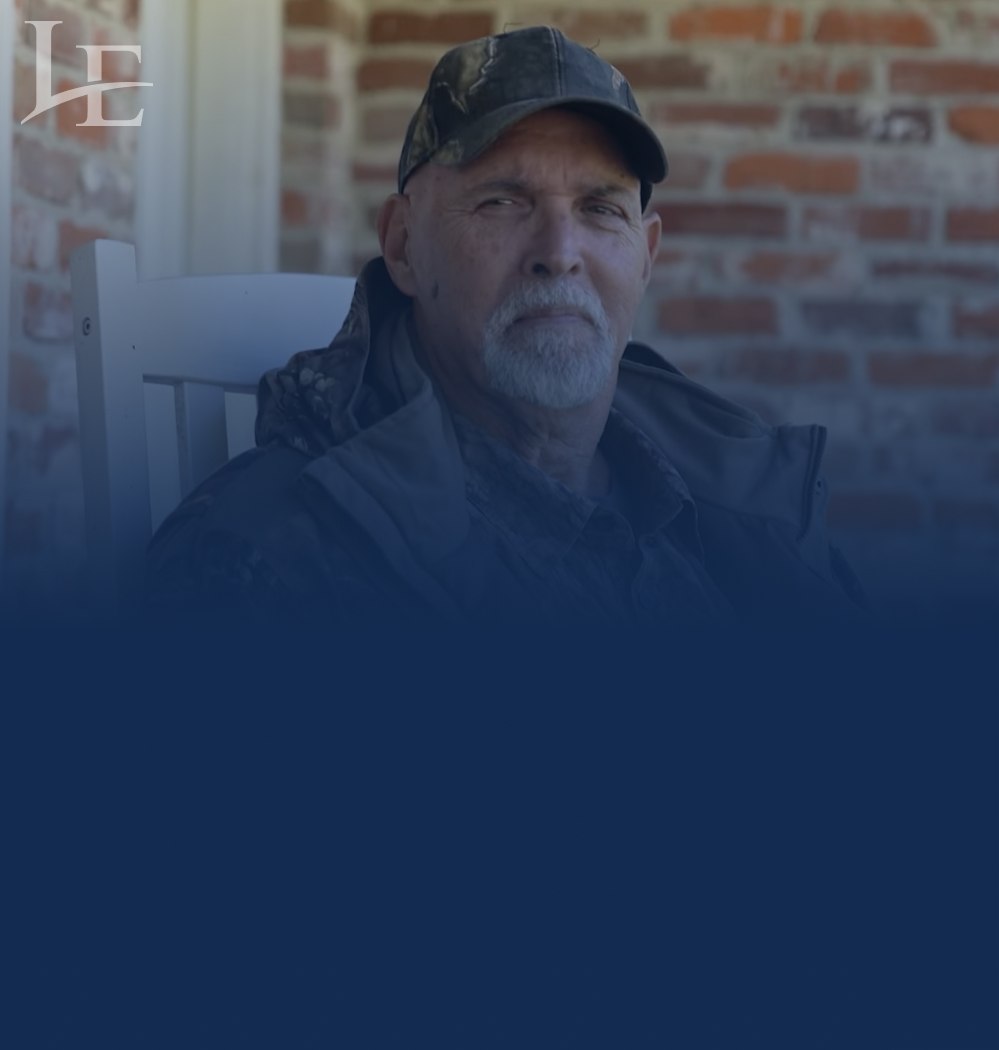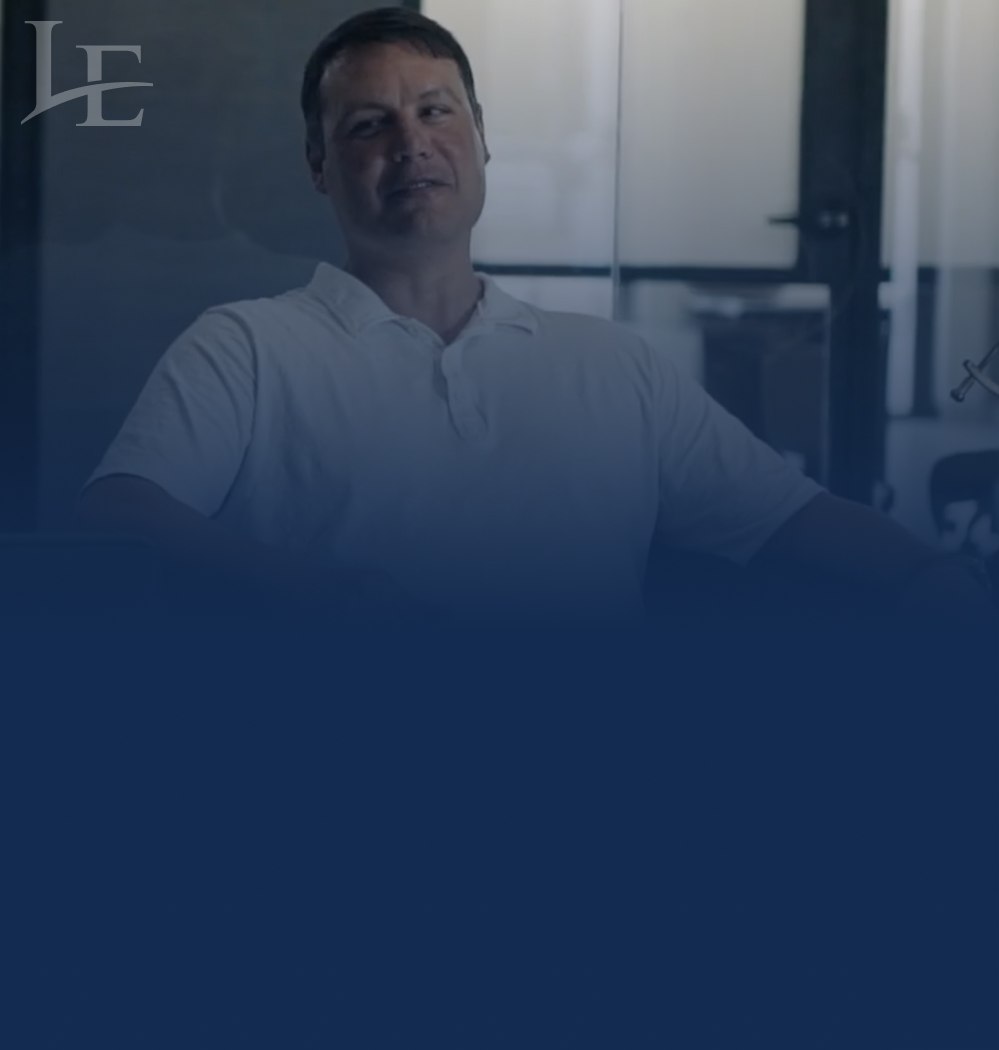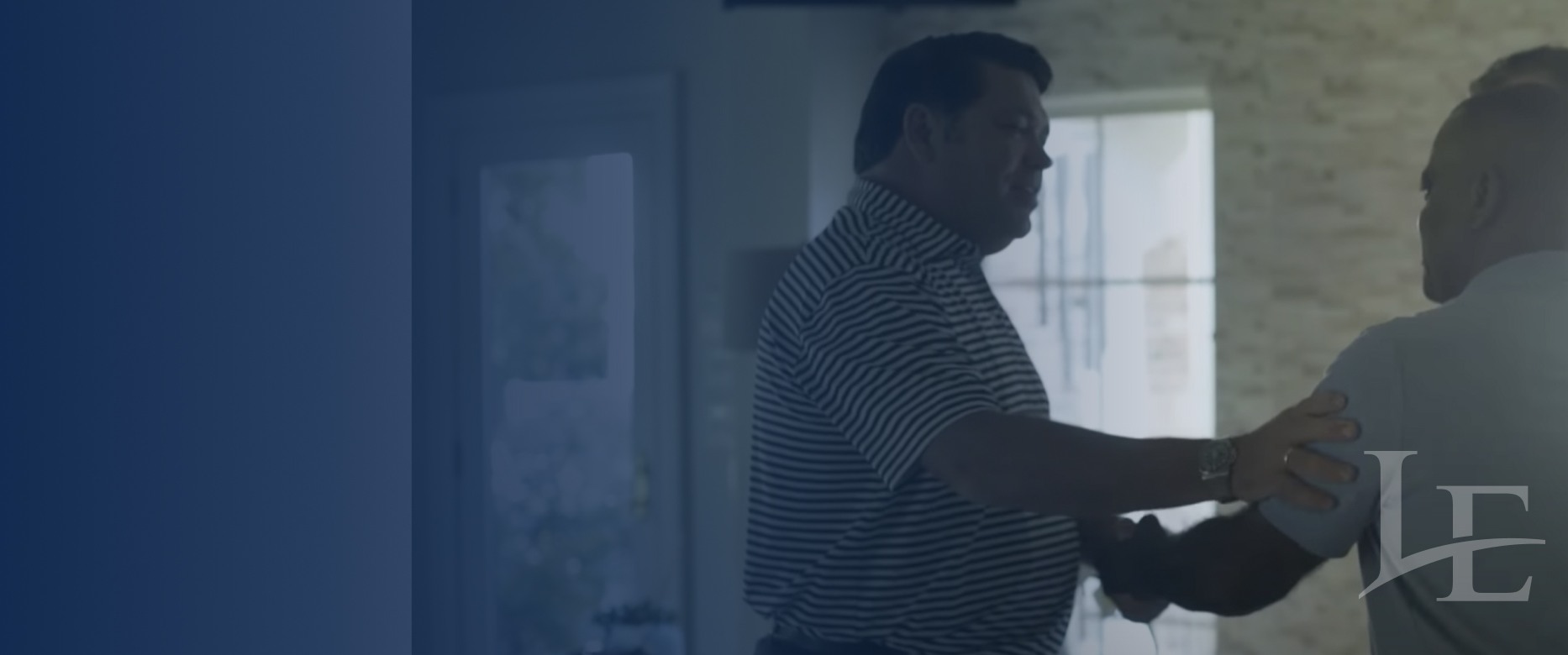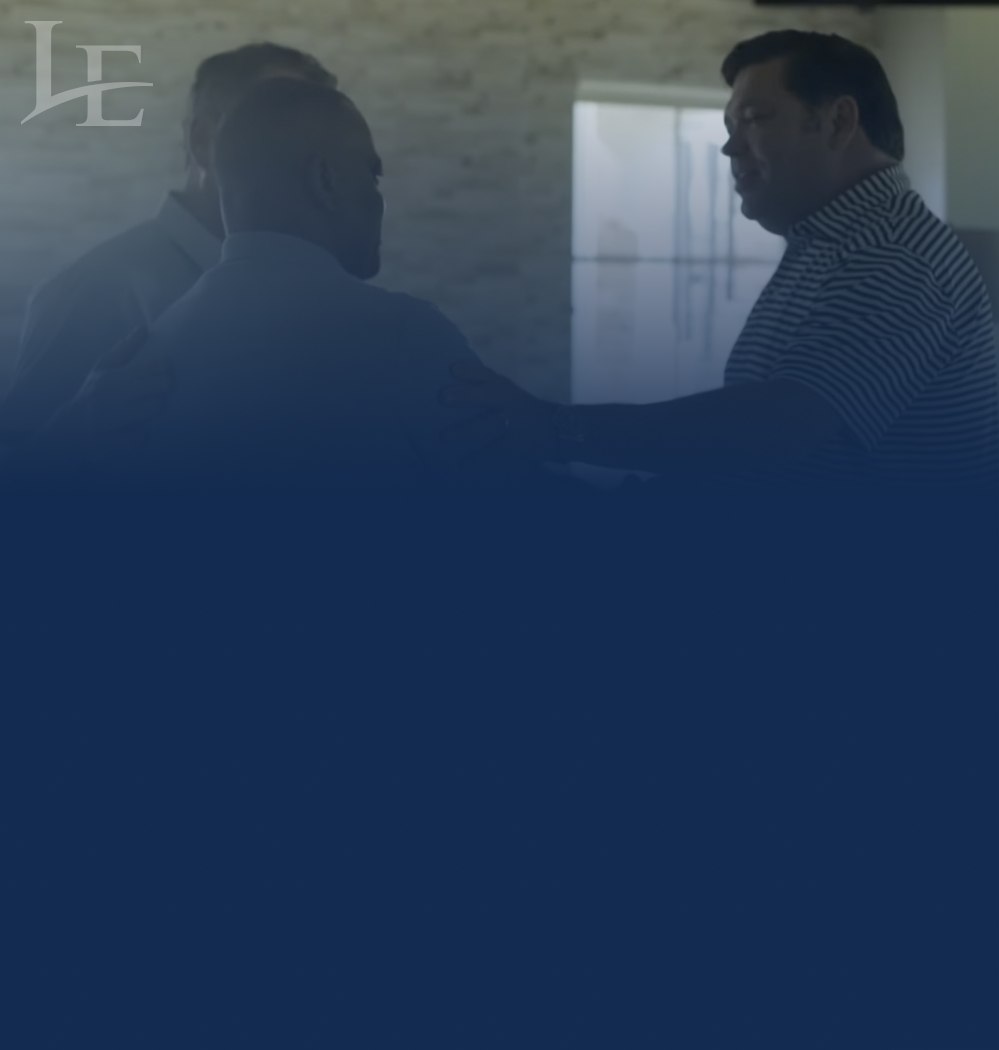
Stories about defective products appear in the media every day. When an unreasonably dangerous product injures a consumer, the harmed victim may have grounds under Louisiana law to hold the manufacturer and other responsible parties liable for their negligence with the help of a Marksville defective products lawyer.
Although product liability laws are complex and may only apply to certain manufacturers, a qualified personal injury attorney could help you evaluate the strength of your product liability claim. They could also help people understand negligence, liability, and how to fight for a favorable outcome.
Holding a Manufacturer Liable for Injuries Caused by a Dangerous Product
The Louisiana Products Liability Act allows injured people to pursue claims against product manufacturers for injuries that result from using a defective product. In this context, “manufacturers” refers to any person or entity that produces, designs, fabricates, sells, or refurbishes a product.
Accordingly, a manufacturer does not have to be the primary maker of a product to bear civil liability—for example, the companies who package or label products for sale could be considered manufacturers.
Under Louisiana Revised Statutes (RS) §9:2800.54, product manufacturers may be liable to injured consumers when a product proximately causes damages. However, it falls to the injured party to demonstrate how the characteristics of that product made it unreasonably dangerous. Consequently, many people choose to work with a dedicated defective product lawyer in Marksville to more efficiently collect evidence of harm, document product failure, and work to demonstrate a product maker’s liability.


Laborde Earles injury was great for me they took care of me very fast and professional. If for any reason I need legal help they will be who I use.
ClientPossible Recoverable Damages in Product Liability Cases
You could be eligible to receive both economic and non-economic damages from the negligent party in your product liability case. Economic damages are those that have taken a financial toll on you since the incident, including:
- Past & future medical costs (e.g., hospitalization, surgeries, assistive medical devices, prescription medications, rehabilitation, etc.)
- Lost income (e.g., days you missed from work due to your injuries)
- Lost earning capacity (e.g., due to your injuries, you could no longer perform your current job duties and you had to take a lower-paying job)
- Other out-of-pocket expenses
Non-economic damages are those that are less tangible and have taken an emotional toll on you since the incident, including:
- Pain and suffering
- Mental anguish
- Disfigurement or scarring
- Loss of enjoyment (e.g., hobbies, activities you enjoyed prior to the incident)
- Loss of consortium (e.g., if you lost a loved one due to the defective product)


I thank God for Digger & David. I don’t know what we would have done if it hadn’t have been for them.
Rick Smith | ClientTypes of Product Liability You Can Sue For
A product could be considered unreasonably dangerous due to its construction or composition, flawed product design, inadequate safety warnings, or violation of the manufacturer’s express warranty. For a strong claim along any of these lines, the plaintiff—or their Marksville defective products lawyer—must demonstrate that the danger in question existed when the product left the manufacturer’s control.
Construction or Composition
A product may be unreasonably dangerous due to its construction or composition. This means that a product was designed safely, but a defect appeared during the construction of a product.
Design
A product’s design may be unreasonably dangerous if there is a likelihood of harm when the product is used without any modification. When hearing a claim alleging a product’s defective design, the court may consider if there was an alternative design that may have prevented a consumer’s injuries.
Inadequate Warnings
A case based on inadequate warnings centers around a manufacturer’s failure to adequately provide a warning about a potential danger associated with proper use of their product. Even if the manufacturer learns of potentially harmful characteristics after a product has left their control, it is still within their duty to reasonably provide consumers with adequate warnings. Failing to do so could lead to liability for damage and injuries.
Violation of an Express Warranty
RS §9:2800.58 sets forth the circumstances under which a product may be unreasonably dangerous due to the violation of an express warranty. An express warranty is a statement that asserts a product will work in a certain way. If consumers use the product based on this statement, but the statement is not true, the manufacturer could be held liable for any damages that occur as a result.


The reassurance from Digger and his staff gave me that renewed hope that it’s going to be okay down the road.
ClientProving Strict Liability in a Defective Product Case
Product liability cases could be based on negligence or strict liability. Any of the three defects could be used as evidence in a negligence case. Plaintiffs would need to prove that the defendant owed a duty of care to them, breached that duty, and caused the victim’s injuries.
In strict liability cases, plaintiffs are not required to prove duty of care. A product liability plaintiff in Avoyelles Parish could hold a defendant strictly liable if they show that the product was sold under an unreasonably dangerous condition, that the seller intended the product to reach the consumer without any material changes, and that the defective product injured the plaintiff.


They treated us like no other people would. Whenever we needed something they were there for us. I put my trust in them and I don’t regret it.
ClientComparative Fault in Louisiana
Under Louisiana Civil Code (CC) §2323, product defect victims in Avoyelles Parish may seek recovery for their personal injuries related to a defective product, regardless of how much they contributed to the cause of the injury.
Louisiana is a pure comparative fault state, which means that the plaintiff’s overall recovery is reduced by their percentage of fault. For example, if a plaintiff is injured by a product but is found 60% at fault for causing their injuries, their awarded damages would be reduced by 60%.
Call an Attorney with Laborde Earles Injury Lawyers for Help Today
Following any injuries, qualified legal counsel could help explain how state laws regarding negligence apply to your situation. Call (318) 777-7777 for a free consultation today to discuss your potential claim and take the first step towards a favorable outcome.





